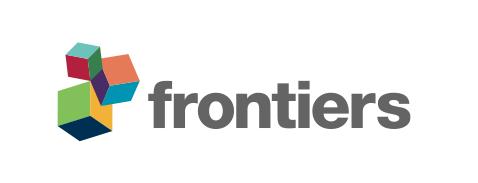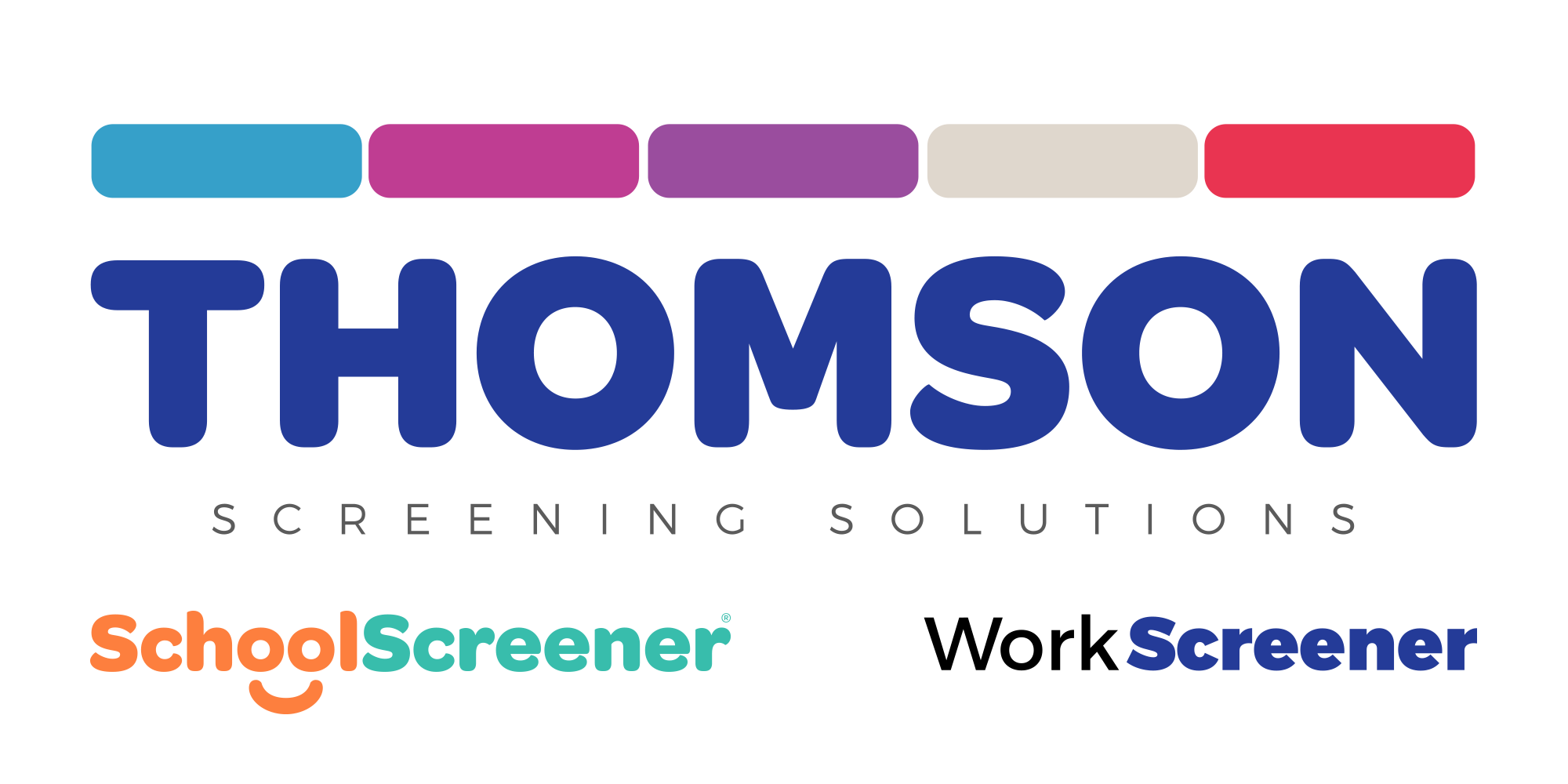With the evolution of digital media, areas such as public health are adding new platforms to complement the traditional systems of epidemiological surveillance. Participatory surveillance and digital disease detection have become innovative tools for construction of epidemiological scenarios with the participation of citizens, anticipating outputs from traditional sources of information. Strategies such as these promote timely detection of warning signals for diseases outbreaks and epidemics in the territory.
The objective of this study was to describe and to analyze the Guardians of Health platform, a project conducted during the 2016 Olympics and Paralympics in Rio de Janeiro. Based on syndromic signals, the information subsidy for decision-making by policy makers and health managers becomes more dynamic and assertive, using this type of source as an early route to understanding the epidemiological scenario. The platform Guardians of Health had 7,892 users and 12,873 posts about health situation. Of these, 226 users with diarrheal syndrome, 102 users with respiratory syndrome and 231 with rash syndrome were identified. Different engagement stacks were used to leverage adherence of users to the app, such as gamification and info packs on vaccines and traveler’s health.










